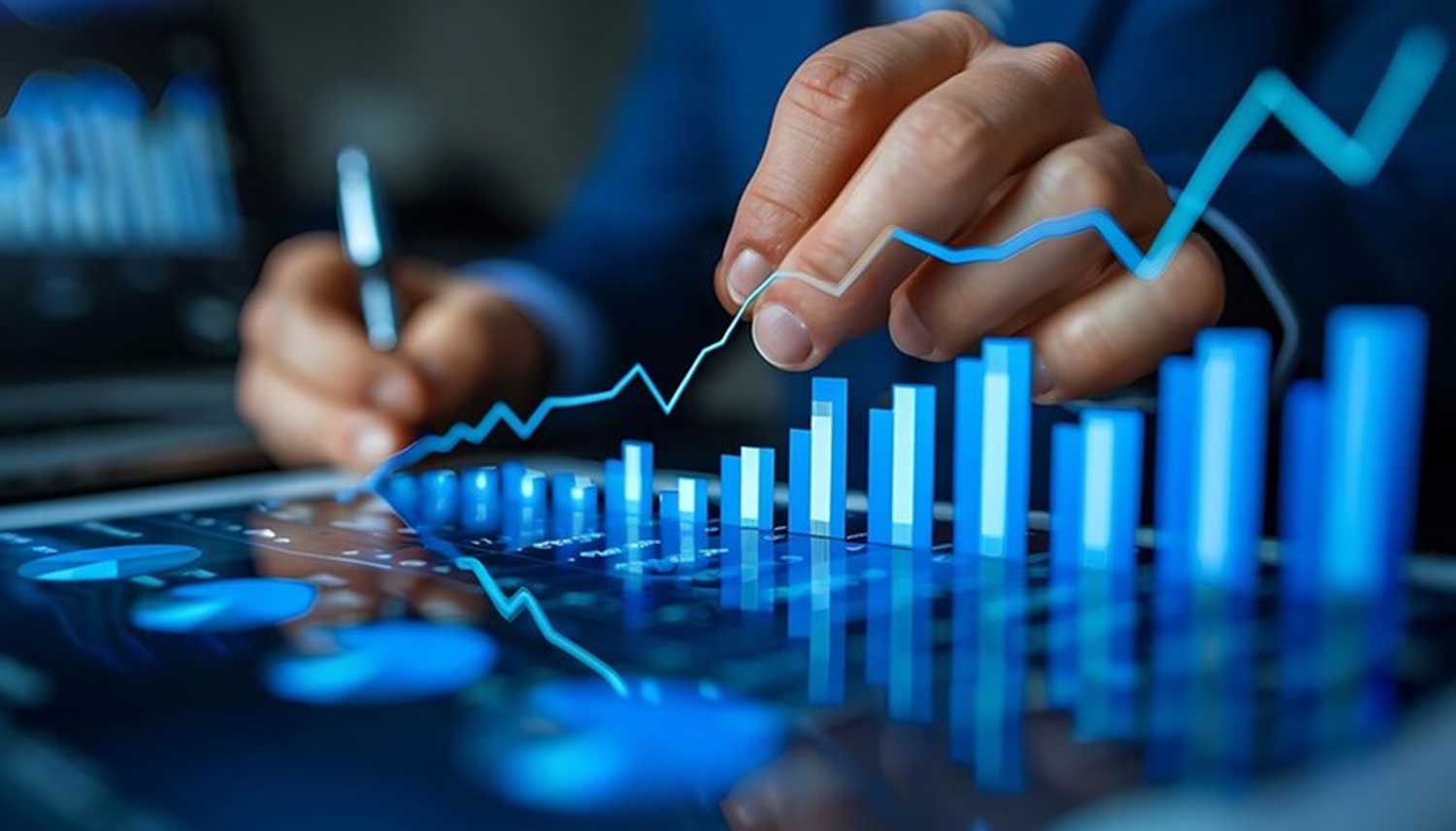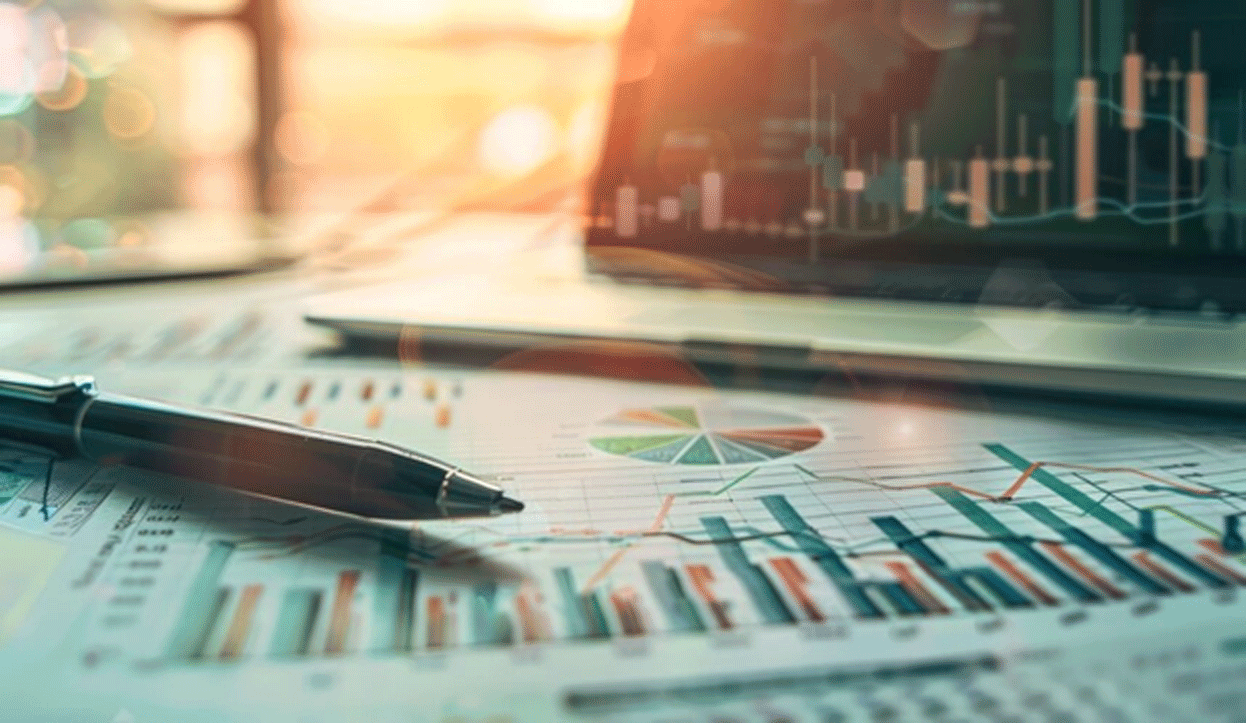Crude oil futures are one of the most actively traded commodities in the world. These contracts provide a dynamic and robust market for traders, hedgers, and speculators. Whether you are a seasoned trader or new to the commodities market, trading crude oil futures offers unique opportunities and advantages. Here are the top 10 reasons to trade crude oil futures.
- High Liquidity
Crude oil futures are among the most liquid commodities. This high liquidity ensures that trades can be executed quickly and efficiently, often with tight bid-ask spreads. High liquidity is crucial for both day traders and long-term investors, providing ease of entry and exit from positions without significant price impact.
- Global Market Influence
Crude oil is a globally traded commodity, influenced by geopolitical events, economic data, and natural disasters. The global nature of the market provides numerous trading opportunities, as events around the world can significantly impact oil prices. Traders can capitalize on these fluctuations, making crude oil futures a versatile trading instrument.
- Diverse Participants
The crude oil futures market comprises a wide range of participants, including producers, refiners, speculators, and institutional investors. This diversity contributes to the market’s depth and stability. Speculators add liquidity, while hedgers use the market to manage risk, creating a balanced and robust trading environment.
- Hedging Opportunities
Crude oil futures are an essential tool for hedging. Companies involved in the production, refining, and distribution of oil use futures contracts to lock in prices and manage the risk of price volatility. This hedging mechanism helps stabilize business operations and ensures predictable revenue streams.
- Speculative Opportunities
For speculators, crude oil futures offer numerous opportunities to profit from price movements. The market’s volatility can be lucrative for traders who can accurately predict price trends. Additionally, speculators play a vital role in providing liquidity and depth to the market.
- Leverage
Trading crude oil futures allows traders to use leverage, meaning they can control a large position with a relatively small amount of capital. This leverage amplifies potential gains, though it also increases the risk of losses. Proper risk management is crucial when trading with leverage.
- Contract Sizes and Standardization
Crude oil futures contracts are standardized, typically representing 1,000 barrels of oil. This standardization simplifies trading and ensures that all contracts are uniform, facilitating easier price comparison and analysis. Traders know exactly what they are buying or selling with each contract.
- Price Transparency
The centralized nature of the futures market ensures high price transparency. Prices are determined by supply and demand dynamics, and all participants have access to the same information. This transparency reduces the likelihood of price manipulation and provides a fair trading environment.
- Top Country Producers and Market Impact
The leading producers of crude oil, such as the United States, Saudi Arabia, and Russia, have a significant impact on the market. Changes in production levels, political stability, and economic policies in these countries can cause substantial price movements. Traders can use this information to make informed decisions and capitalize on market trends.
- Technological Advancements
Advancements in trading technology have made it easier than ever to trade crude oil futures. Online trading platforms provide real-time data, advanced charting tools, and automated trading options. These tools help traders analyze the market, execute trades efficiently, and manage their portfolios effectively.
Open a Futures Account and Trade Crude Oil Futures!
Trading crude oil futures offers numerous benefits, from high liquidity and global market influence to diverse participants and hedging opportunities. Whether you are looking to hedge risk, speculate on price movements, or leverage your capital, crude oil futures provide a dynamic and accessible market. With proper knowledge and risk management, trading crude oil futures can be a rewarding endeavor.
Keywords: crude oil futures, trading crude oil futures, crude oil futures trading, oil futures, oil futures trading, trading oil futures
The Top 10 Countries Leading Crude Oil Production
Crude oil remains one of the most crucial commodities globally, driving economies and influencing geopolitical dynamics. Here, we spotlight the top 10 countries at the forefront of crude oil production, examining their contributions, strategies, and the challenges they face.
1. United States
The United States has emerged as the world’s largest producer of crude oil, thanks to advancements in shale oil extraction technology. The country’s production is concentrated in Texas, North Dakota, and New Mexico, with the Permian Basin being a significant hub. The U.S. production strategy is characterized by its technological innovation, making it a leader in the industry.
2. Saudi Arabia
Saudi Arabia, home to the world’s largest oil company, Saudi Aramco, is a cornerstone of the global oil market. The kingdom’s vast reserves, particularly in the Ghawar field, and its role in OPEC allow it to influence oil prices significantly. Saudi Arabia’s production strategy focuses on maintaining a balance between market stability and national economic needs.
3. Russia
Russia’s oil production is dominated by state-controlled entities like Rosneft and Gazprom. The country’s vast and diverse oil fields, from Siberia to the Arctic, provide a steady supply to both domestic and international markets. Russia’s strategic geopolitical maneuvers often intertwine with its oil export policies, making it a key player in global energy politics.
4. Canada
Canada’s oil sands in Alberta are among the largest reserves globally, contributing to its position as a top producer. The country’s production is heavily reliant on technology to extract bitumen from oil sands. Environmental concerns and regulatory challenges play significant roles in shaping Canada’s oil production landscape.
5. China
China, the world’s most populous country, has significant oil fields, such as Daqing and Shengli. While China is a major producer, it is also one of the largest importers of oil due to its vast energy needs. The country’s state-owned enterprises dominate the oil industry, aligning with national economic goals.
6. Iraq
Iraq’s oil reserves are among the largest in the world, with key fields located in the Basra region. Despite geopolitical instability and infrastructural challenges, Iraq continues to be a major oil producer. The country is focused on rebuilding its oil infrastructure to increase production capacity and attract foreign investment.
7. United Arab Emirates
The UAE, particularly Abu Dhabi, has substantial oil reserves and production capabilities. The state-owned Abu Dhabi National Oil Company (ADNOC) spearheads the UAE’s oil industry, with significant investments in enhancing production efficiency and sustainability. The UAE’s vision includes diversifying its economy while maintaining its oil production strength.
8. Brazil
Brazil’s oil production has surged with the discovery of pre-salt oil fields off its Atlantic coast. Petrobras, the state-controlled oil company, plays a pivotal role in exploiting these deepwater reserves. Brazil’s production growth is marked by technological advancements in deepwater drilling and exploration.
9. Iran
Iran possesses significant oil reserves and has been a major player in the oil market for decades. Sanctions and geopolitical tensions have impacted its production and export capacities. Despite these challenges, Iran continues to leverage its oil resources as a critical component of its economy and foreign policy.
10. Kuwait
Kuwait’s oil industry is known for its efficiency and high production capacity. The Burgan field is one of the largest in the world, contributing significantly to the country’s output. Kuwait’s strategic management of its oil resources and investment in infrastructure have sustained its role as a leading oil producer.
Challenges and Future Prospects
While these countries lead in oil production, they face numerous challenges, including fluctuating oil prices, regulatory pressures, environmental concerns, and the transition to renewable energy sources. The future of oil production will be shaped by technological advancements, geopolitical shifts, and the global push towards sustainability. As these dynamics evolve, the strategies and policies of these top producers will be crucial in navigating the complex landscape of the global oil market.
The top 10 crude oil-producing countries play a pivotal role in shaping the global energy landscape. Their production capacities, strategic policies, and technological innovations drive the market, influencing everything from international relations to economic stability. Understanding the intricacies of their production and the challenges they face provides valuable insight into the future of global energy.
Navigating Crude Oil Futures Trading: Strategies Based on Production, Stockpiles, and Demand News
Crude oil futures trading offers lucrative opportunities, but it demands a keen understanding of market dynamics. Key factors influencing crude oil prices include production levels, stockpiles, and global demand. This article delves into how traders can strategically navigate crude oil futures based on these crucial elements.
Understanding Crude Oil Futures
Crude oil futures are contracts that obligate the buyer to purchase, and the seller to sell, a specific quantity of oil at a predetermined price on a future date. These contracts are traded on exchanges like the New York Mercantile Exchange (NYMEX) and are influenced by various economic indicators and geopolitical events.
Key Influences on Crude Oil Prices
- Production Levels
- OPEC and Non-OPEC Production: The Organization of the Petroleum Exporting Countries (OPEC) and major non-OPEC producers like Russia significantly impact global oil supply. Production decisions from these entities can lead to price fluctuations.
- Technological Advances: Innovations in extraction techniques, such as hydraulic fracturing (fracking) and deepwater drilling, can alter production levels and influence market dynamics.
- Stockpiles
- Inventory Reports: Weekly reports from entities like the U.S. Energy Information Administration (EIA) provide data on crude oil stockpiles. An increase in stockpiles usually indicates lower demand, leading to price drops, while a decrease suggests higher demand and potential price increases.
- Strategic Reserves: Countries maintain strategic petroleum reserves to manage supply disruptions. Releases from these reserves can impact market supply and prices.
- Demand News
- Economic Indicators: GDP growth, industrial output, and consumer spending influence oil demand. Strong economic performance typically drives up demand and prices, while economic slowdowns have the opposite effect.
- Geopolitical Events: Conflicts, sanctions, and trade agreements can disrupt supply chains and affect demand, leading to price volatility.
Strategies for Trading Crude Oil Futures
- Analyzing Production Data
- Monitor OPEC Announcements: Keep track of OPEC meetings and announcements, as decisions to cut or increase production can significantly impact prices.
- Follow Non-OPEC Production: Stay updated on production changes in major oil-producing countries like the U.S., Canada, and Brazil. Sudden increases or decreases in output can create trading opportunities.
- Interpreting Stockpile Reports
- Weekly Inventory Data: Analyze the EIA’s weekly petroleum status reports. A higher-than-expected increase in stockpiles might signal a good time to short crude oil futures, while a larger-than-expected drawdown could indicate a buying opportunity.
- Seasonal Patterns: Understand seasonal demand patterns, such as higher heating oil demand in winter, which can influence stockpile levels and prices.
- Assessing Demand News
- Economic Reports: Track global economic indicators like employment data, manufacturing indices, and retail sales figures. Positive economic news often correlates with higher oil demand and rising prices.
- Geopolitical Developments: Stay informed about geopolitical events that could impact oil supply and demand. For instance, conflicts in oil-producing regions or sanctions on major producers can create significant price movements.
Tools and Resources for Effective Trading
- News Feeds and Alerts
- Subscribe to financial news services and set up alerts for key announcements related to crude oil production, inventory reports, and geopolitical events.
- Technical Analysis
- Use technical analysis tools to identify trading patterns and price trends. Indicators such as moving averages, Bollinger Bands, and Relative Strength Index (RSI) can help in making informed trading decisions.
- Fundamental Analysis
- Combine technical analysis with fundamental analysis, considering factors such as production costs, company earnings reports, and macroeconomic trends to forecast price movements.
Trading crude oil futures requires a comprehensive understanding of how production levels, stockpiles, and demand influence market prices. By staying informed about key economic indicators, geopolitical developments, and industry trends, traders can develop robust strategies to capitalize on market opportunities. Whether you’re a seasoned trader or new to the market, leveraging this knowledge can enhance your ability to navigate the volatile landscape of crude oil futures trading successfully.
Ready to start trading futures? Call US 1(800)454-9572 – Int’l (310)859-9572 email info@cannontrading.com and speak to one of our experienced, Series-3 licensed futures brokers and start your futures trading journey with E-Futures.com today.
Disclaimer – Trading Futures, Options on Futures, and retail off-exchange foreign currency transactions involves substantial risk of loss and is not suitable for all investors. Past performance is not indicative of future results. You should carefully consider whether trading is suitable for you in light of your circumstances, knowledge, and financial resources. You may lose all or more of your initial investment. Opinions, market data, and recommendations are subject to change at any time.
Important: Trading commodity futures and options involves a substantial risk of loss. The recommendations contained in this writing are of opinion only and do not guarantee any profits. This writing is for educational purposes. Past performances are not necessarily indicative of future results.
**This article has been generated with the help of AI Technology. It has been modified from the original draft for accuracy and compliance.
***@cannontrading on all socials










